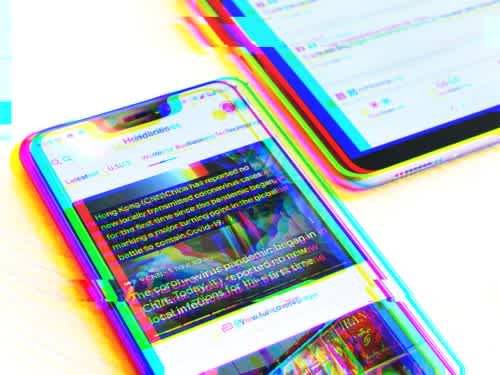Here's the real truth: we are in a fake news crisis. The internet is exploding with your old school friends posting dodgy science on Facebook, and Twitter bots spamming conspiracy theories. And people are looking to technology as a major contributor to the spread of misinformation.
As a developer, it’s unsettling to watch this problem grow in magnitude with the help of technology like social media, artificial intelligence, and widespread access to the internet. What can we do as devs to turn things around?
The first step is to accept that the solution may not just be better technology. “It is the accepted truth of Silicon Valley that every problem has a technological solution,” writes Kalev Leetaru in Forbes, who believes the root of this problem is a common lack of digital literacy across society.
This warning doesn’t stop the technologists who are looking toward generalised AI algorithms, such as OpenAI’s GPT-3, to solve this problem for us. In theory, these algorithms could get sophisticated enough to detect fake news automatically. But in reality, there is no algorithm for truth. Not just that, there’s concern that technologies like GPT-3 will just contribute to the problem by generating more believable-enough content and spewing it into the digital world.
Granted, deep learning algorithms may be better at a subset of the problem — the issue of online bots propagating lies over social media — by intelligently detecting already debunked stories. But this approach also has problems of its own. Since AI models are maintained by fallible humans, these algorithms are vulnerable to bias. And using them to limit content on the intern could risk causing more marginalisation. In fact, biased and uninformed opinions in tech may be a major cause for fake news. Misinformation by nature is often racist and misogynistic, so there is a question that big tech’s leadership, who is largely sheltered from marginalisation, has contributed to the lack of preparedness for this fake news epidemic.
Former Reddit CEO Ellen Pao shared her experience in an interview with MIT Technology Review: “You’ve got to get people with diverse backgrounds in at high levels to make the hard decisions…we just brought in a bunch of people from different racial and ethnic backgrounds, mostly women, who understood the problems and could see why we needed to change. But right now these companies have boards full of white men who don’t push back on problems and focus on the wrong metrics.”
This also reflects the sentiment of Kara Swisher in the HBO documentary After Truth: “White men, younger, run Silicon Valley. If you don’t ever feel unsafe in your life, you do not understand lack of safety, you do not build that in.”
Diversity in tech isn’t going to solve this crisis alone though. There are a lot of economic and political ideas on how to stop the rise of fake news, including making tech companies more accountable, regulating the use of AI, and splitting up the tech monopoly. But perhaps more than anything else right now, for us devs, promoting diversity in tech can help turn things around in this fake news world.

